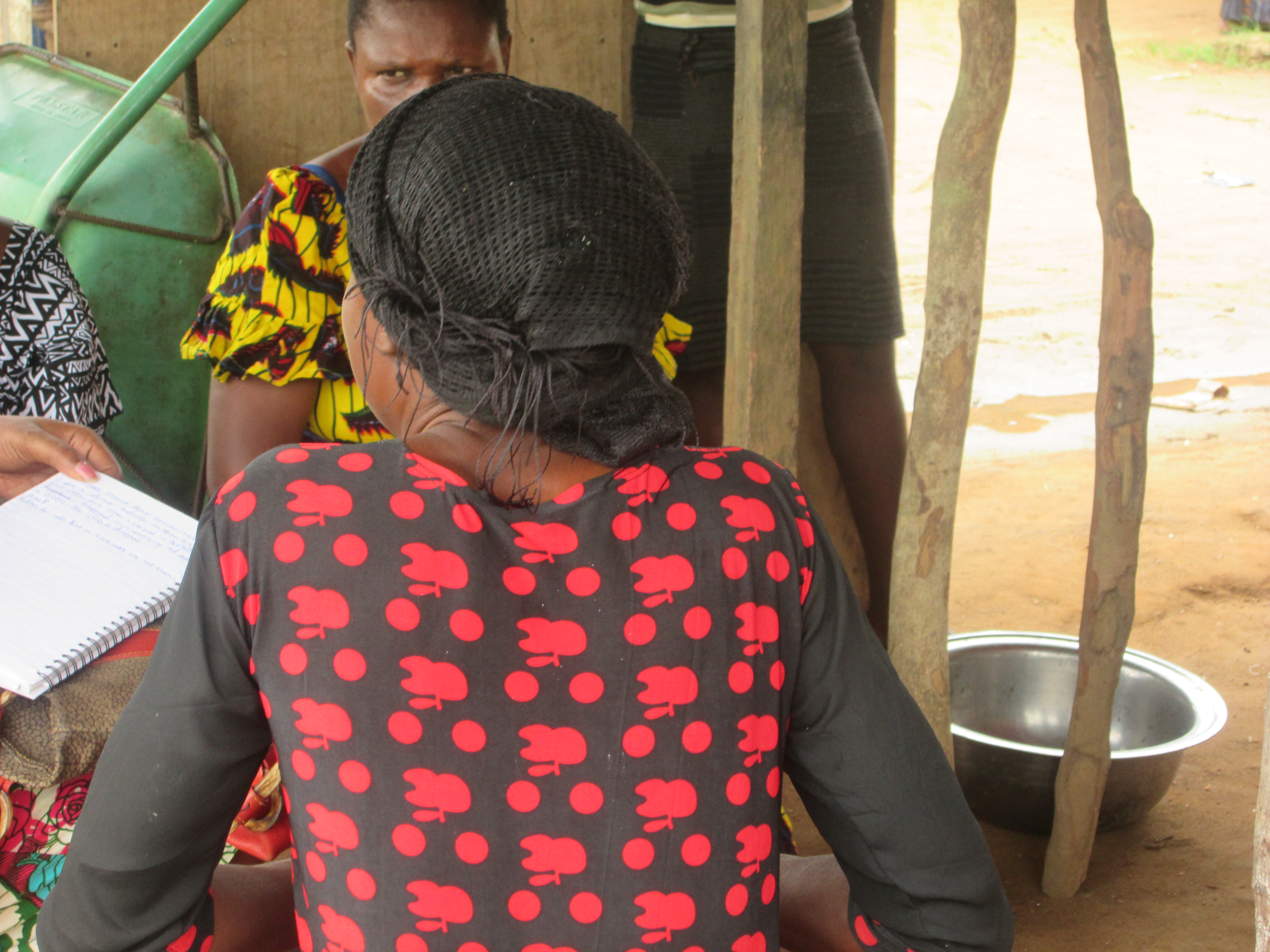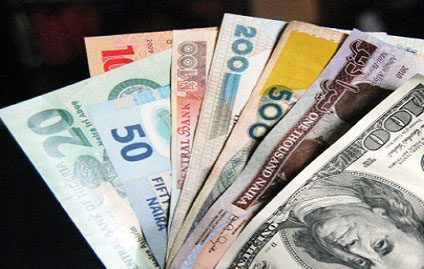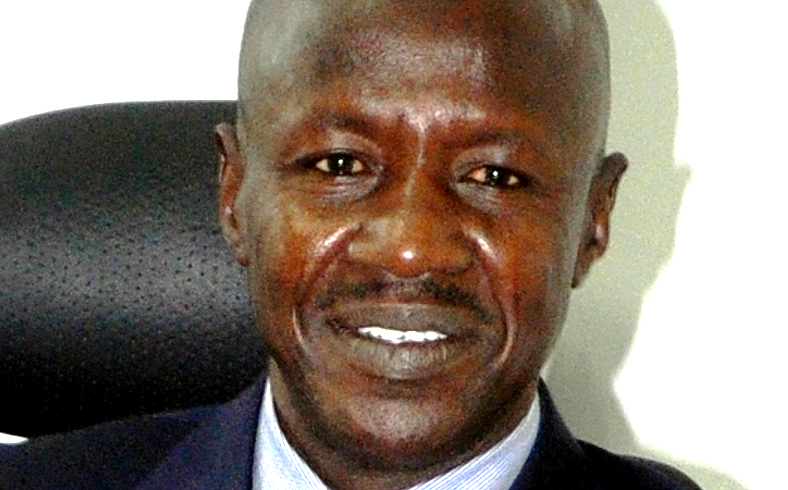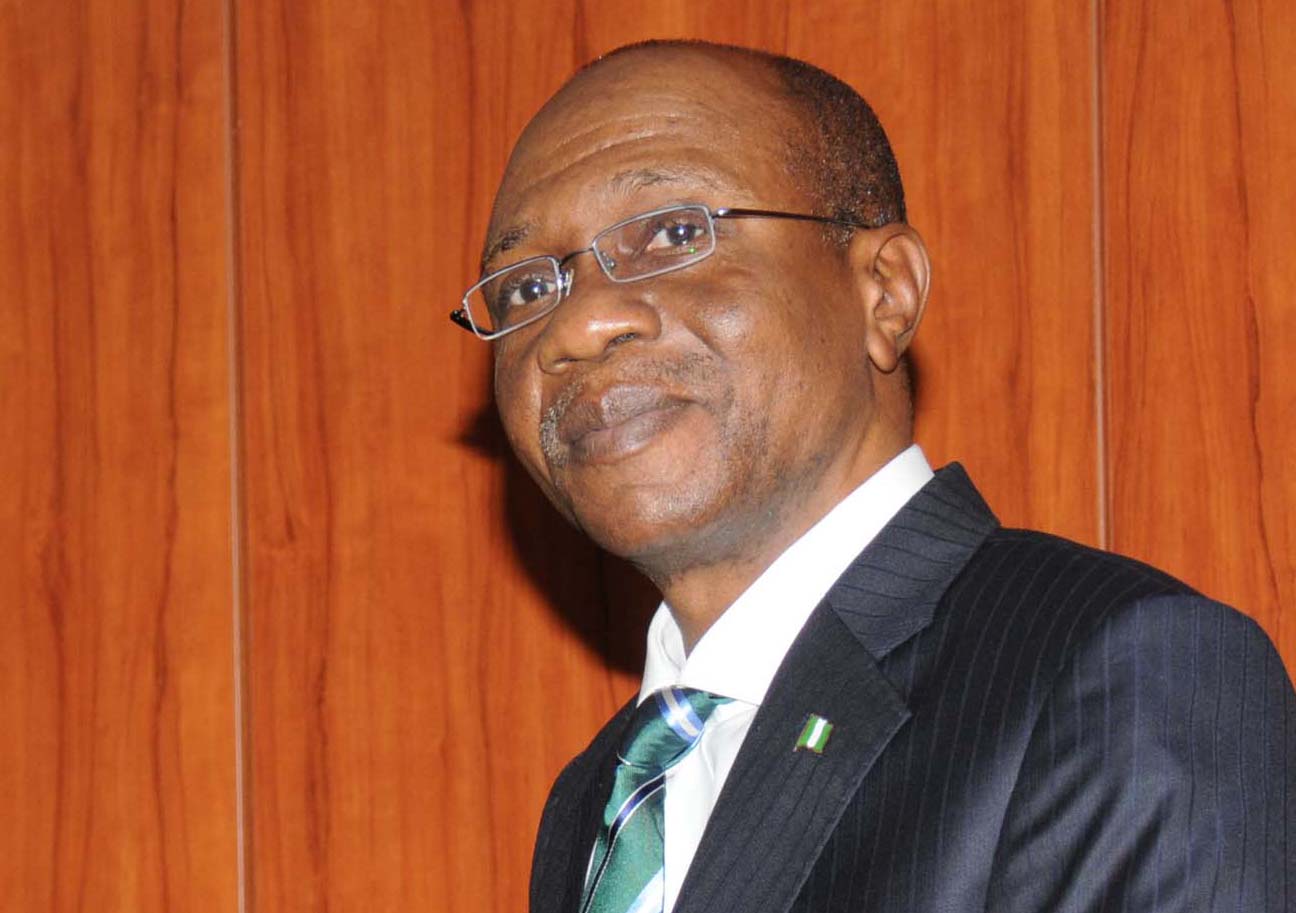The balance in the excess crude account (ECA) will soon be shared by the three tiers of government to enable them fund capital projects, Ayo Fayose, Ekiti state governor, has said.
The ECA, which currently has over $2 billion, was established during the tenure of former president, Olusegun Obasanjo.
The difference between the budget benchmark and the actual crude oil price is saved in the account, but with the decline in global oil prices, there have been no accruals in recent times.
Speaking during the weekend at a radio/television programme tagged: ‘Meet Your Governor’, Fayose said the sharp decline in the price of oil has affected the ECA.
Advertisement
Fayose, who said Ekiti was expecting N10 billion from the money when shared, added that government would be “crippled without finances”.
“Nothing is no longer going into the excess crude oil account because oil is selling lower than the envisaged price in the international market,” he said.
“That has badly affected all of us. The 2015 budget in Ekiti was predicated on oil selling at $65 a barrel, but it sells for over $40 now.
Advertisement
“That has left our budget performing only in the area of recurrent expenditure. You know that I call a spade a spade. Ekiti is expecting about N10 billion when the ECA fund is shared. When it comes, I will tell everybody. I don’t hide things.
“The capital projects that we have embarked upon since we came on board are being executed because we are prudent, transparent and open, and also because we are leveraging on goodwill with corporate bodies.”
Governors have always argued against the account on the ground that it is unconstitutional.
The governors, who filed a legal action against the federal government over ECA, have been insisting that all federally collected revenue should first be paid into the federation account and shared among the three tiers of government—federal, states and councils — as stipulated in section 162 of the 1999 constitution.
Advertisement
The ECA is part of the country’s foreign reserves and sharing it would affect the reserves.
As at October, the reserves stood at $30.13 billion.
Add a comment







